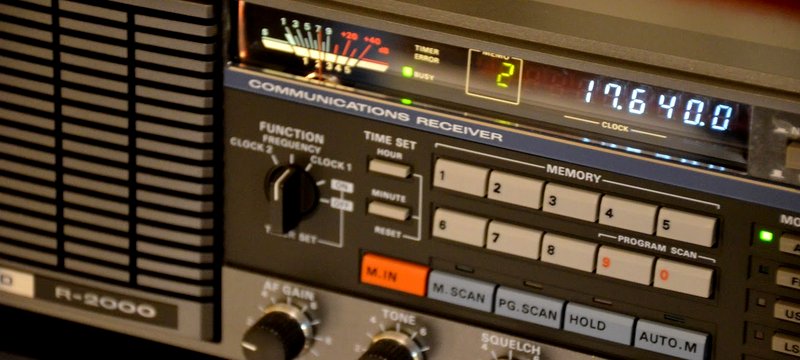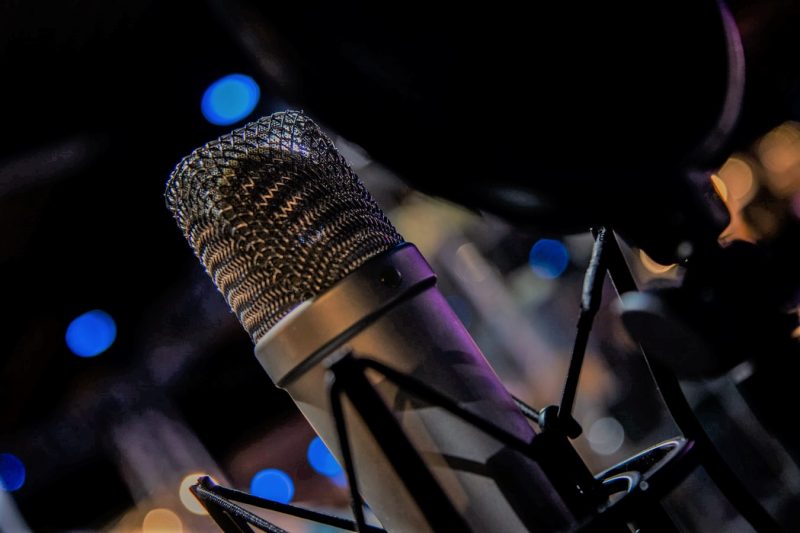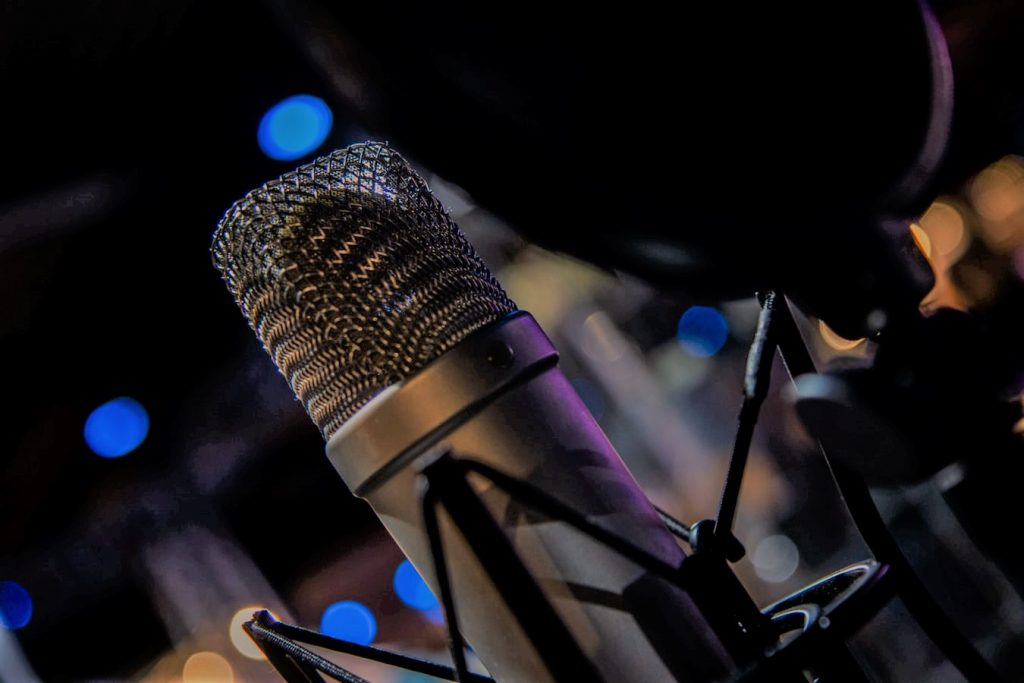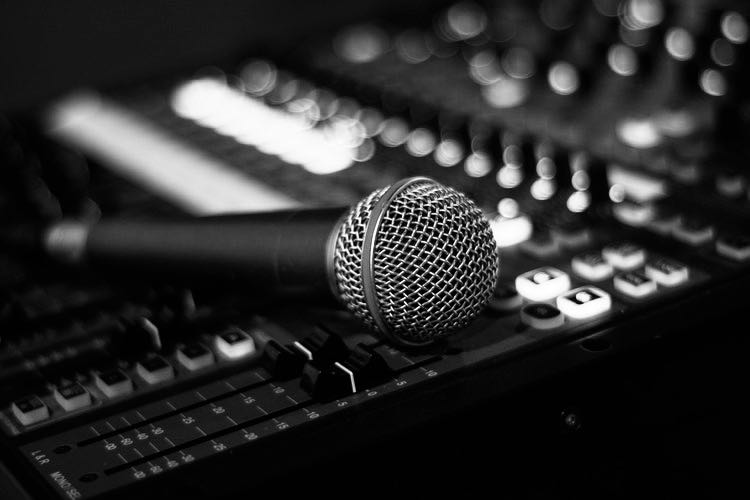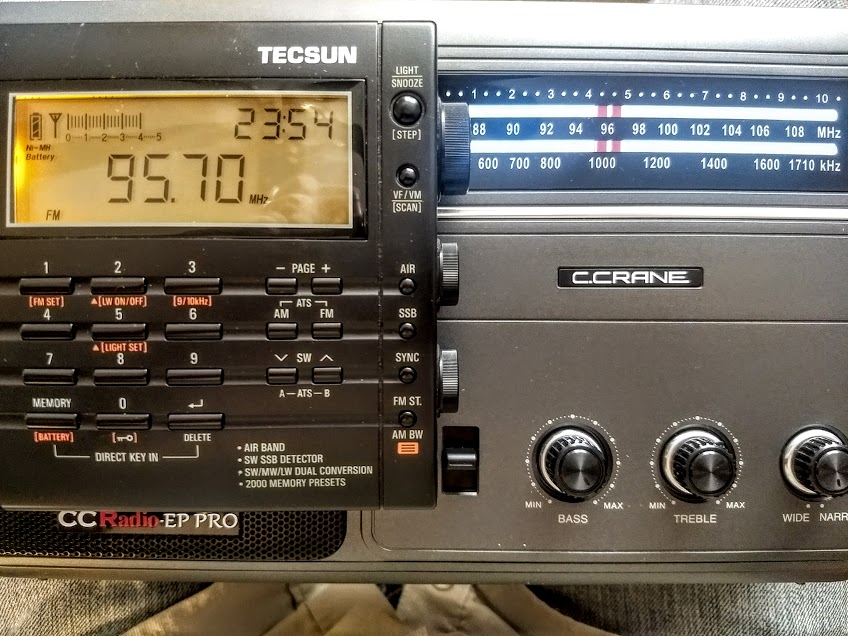Radio Waves: Stories Making Waves in the World of Radio
Because I keep my ear to the waves, as well as receive many tips from others who do the same, I find myself privy to radio-related stories that might interest SWLing Post readers. To that end: Welcome to the SWLing Post’s Radio Waves, a collection of links to interesting stories making waves in the world of radio. Enjoy!
Many thanks to SWLing Post contributors Paul L, Pete Eaton, David Iurescia, and Troy Riedel for the following tips:
Podcast #294 – Reading the PIRATE Act / FCC & the Supremes Pt. 2
The PIRATE Act was signed into law more than a year ago, but the rules governing increased fines for unlicensed broadcasting are about to go into effect on April 26. The Act is intended to give the FCC additional tools for tamping down pirate radio activity in hot beds like Boston and Brooklyn, NY, but there are reasons to be skeptical.
Brooklyn-based writer, post-production mixer and field recordist David Goren joins to help us tease out the real-world implications. Goren is also the creator of the Brooklyn Pirate Radio Sound Map and has been monitoring and recording unlicensed radio activity in the borough for decades.
Also joining the show is Dr. Christopher Terry from the University of Minnesota. A professor of media law, he helps illuminate some of the legal and bureaucratic elements that complicate the Commission’s efforts. He also catches us up on the latest development in the battle over media ownership rules, with the Supreme Court issuing a narrow unanimous ruling in favor of the FCC’s most recent changes, but not quite addressing the decades-long gridlock in that policy area.
Click here to visit Radio Survivor.
WSPR May Hold The Key To MH370 Final Position (Hackaday)
The disappearance of Malaysia Airlines flight MH370 after an unexplained course change sent it flying south over the Indian Ocean in March 2014 still holds the mystery of the wreck’s final location. There have been a variety of efforts to narrow down a possible search area over the years, and now we have news of a further angle from an unexpected source. It’s possible that the aircraft’s path could show up in radio scatter detectable as anomalously long-distance contacts using the amateur radio WSPR protocol.
WSPR is a low-power amateur radio mode designed to probe and record the radio propagation capabilities of the atmosphere. Transmit beacons and receiving stations run continuously, and all contacts however fleeting are recorded to an online database. This can be mined by researchers with an interest in the atmosphere, but in this case it might also provide clues to the missing airliner’s flightpath. By searching for anomalously long-distance WSPR contacts whose path crosses the expected position of MH370 it’s possible to spot moments when the aircraft formed a reflector for the radio waves.[…]
Click here to read the full article at Hackaday.
Bob Fass, Pioneer of Underground Radio, Dies at 87 (NY Times)
His provocative “Radio Unnameable,” long a staple of the New York station WBAI, offered a home on the FM dial to everyone from Abbie Hoffman to Tiny Tim.
Bob Fass, who for more than 50 years hosted an anarchic and influential radio show on New York’s countercultural FM station WBAI that mixed political conversation, avant-garde music, serendipitous encounters and outright agitation, died on Saturday in Monroe, N.C., where he lived in recent years. He was 87.
His wife, Lynnie Tofte, said he had been hospitalized with Covid 19 earlier in the month, but he died of congestive heart failure.
Continue reading at the NY Times.
Vatican Radio celebrates 30th International Marconi Day
The Dicastery for Communication marks the 30th International Marconi Day with a celebration at Vatican Radio’s historic broadcast station outside Rome.
International Marconi Day is held every year on the Saturday closest to the birthday of the inventor of the radio, Guglielmo Marconi, on 25 April 1874.
This year’s commemoration fell a day earlier, and saw dozens of radio stations exchange messages, including Vatican Radio, which Marconi himself helped found in 1931.
The 30th iteration of Marconi Day was celebrated at Vatican Radio’s broadcast center at Santa Maria di Galeria, outside Rome.
Day for those who love radio
According to Dr. Paolo Ruffini, the Prefect of the Dicastery for Communication, it was “a day spent in a family spirit” for those who love the Radio and the man who invented it.
He noted that the broadcast station forms both the center and periphery of Vatican Radio, since it is the place where radio waves are emitted which carry the Gospel and the words of the Popes throughout the world.
Marconi’s favorite Radio
The 30th Marconi Day falls within the 90th anniversary year of the founding of Vatican Radio.
The great Italian inventor’s daughter, Princess Elettra Marconi, who was present for the celebration, recalled that the station was her father’s favorite, though he had founded several others.[…]
Do you enjoy the SWLing Post?
Please consider supporting us via Patreon or our Coffee Fund!
Your support makes articles like this one possible. Thank you!

